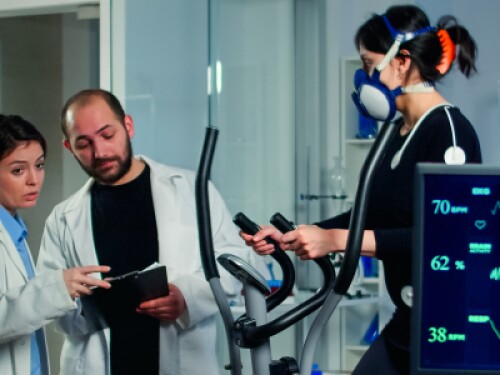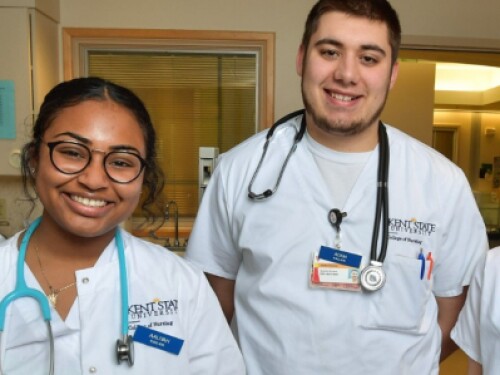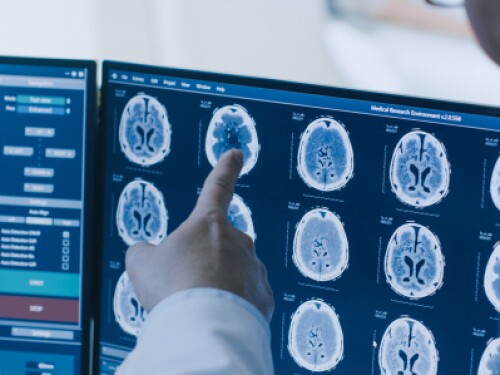Bachelor’s Degree
Explore blog posts highlighting Kent State University’s online bachelor’s degree programs, including fields such as Cybercriminology, Integrative Studies, and Sport, Exercise, and Performance Psychology. Learn about new program offerings, customizable degree options, and faculty insights that prepare students for dynamic career paths. Discover how Kent State’s online bachelor’s degrees provide flexibility and comprehensive education to meet diverse professional goals.
Related Blog Posts
Registration is now open at Kent State University for all summer courses. The best way to take a course during the summer is online! Read on for eight reasons to take an online summer course at Kent State University.
You may have a unique career goal, one that requires a special course of study, and Kent State Online and Kent State’s College of Technical and Applied Studies can help design a degree program to fit your individual needs.
Applying to Kent State University is easy, and we’re here to help guide you through the process.
Sitting on my deck on a sunny day as summer begins to fade into fall, I can see a single thread of a web spanning the large opening of the deck stairs from rail post to rail post. I had sat down to write a blog post about National Online Learning Day but instead found myself contemplating the amount of ambition a spider must have to decide to build a 10-foot-wide web. Just as I was about to get back to work, I noticed that this feat was being undertaken by a minuscule spider who was now working on another thread halfway across this immense expanse. I watched for a while, torn between being impressed that such a tiny arachnid could accomplish this amazing feat and feeling sad for this little guy because somebody was clearly going to walk through this web before the end of the day.
For the third consecutive term, the National League for Nursing (NLN) has designated Kent State University’s College of Nursing as a Center of Excellence in the category of Advancing the Science of Nursing Education. This new cycle of designation will extend from 2022-2026.
The scientific field of sport and exercise psychology has increasingly received attention in the last two decades. National and regional labor market demands in a sport exercise and psychology field will be expected to grow 7% from 2020 to 2030.
An increasing number of registered nurses have discovered that they need a bachelor’s degree in nursing to meet the complex challenges of today’s healthcare environment. The RN to BSN at Kent State University does just that. RN to BSN programs help nurses earn a bachelor’s degree and bridge the gap between an Associate degree in Nursing (ADN) and a Bachelor of Science in Nursing (BSN).
Did you know that Kent State University offers more than 70 online graduate and undergraduate degrees and online certificate programs? And keep in mind! This keeps growing all the time.
Radiologic Technology is a branch of health care delivery that utilizes x-rays to aid in the diagnosis of medical conditions.









